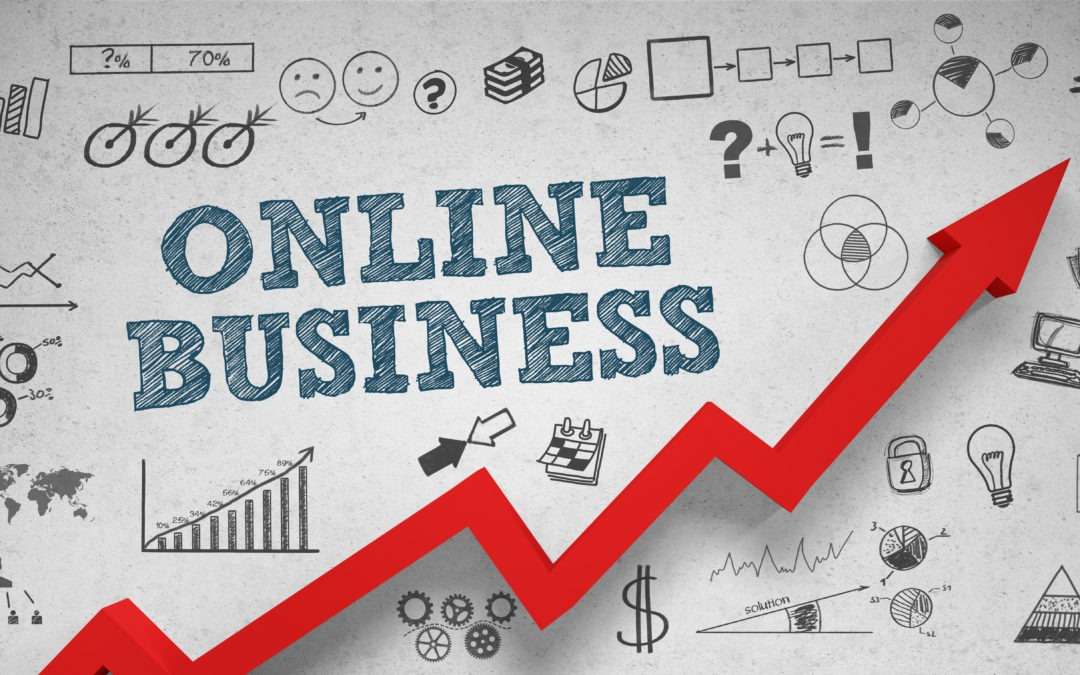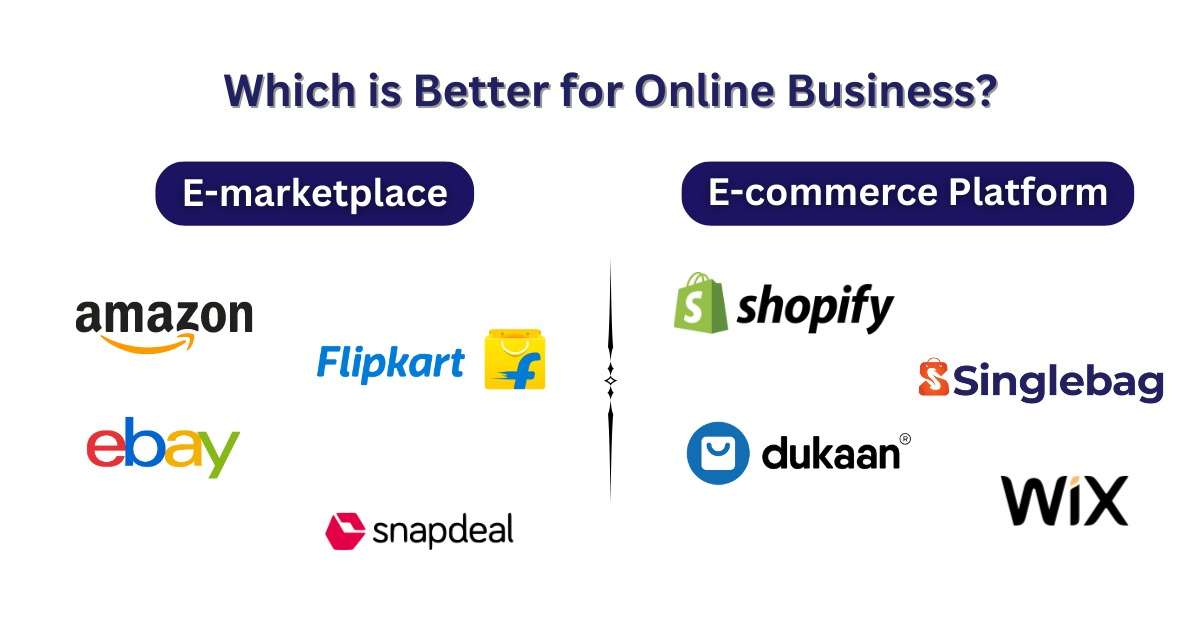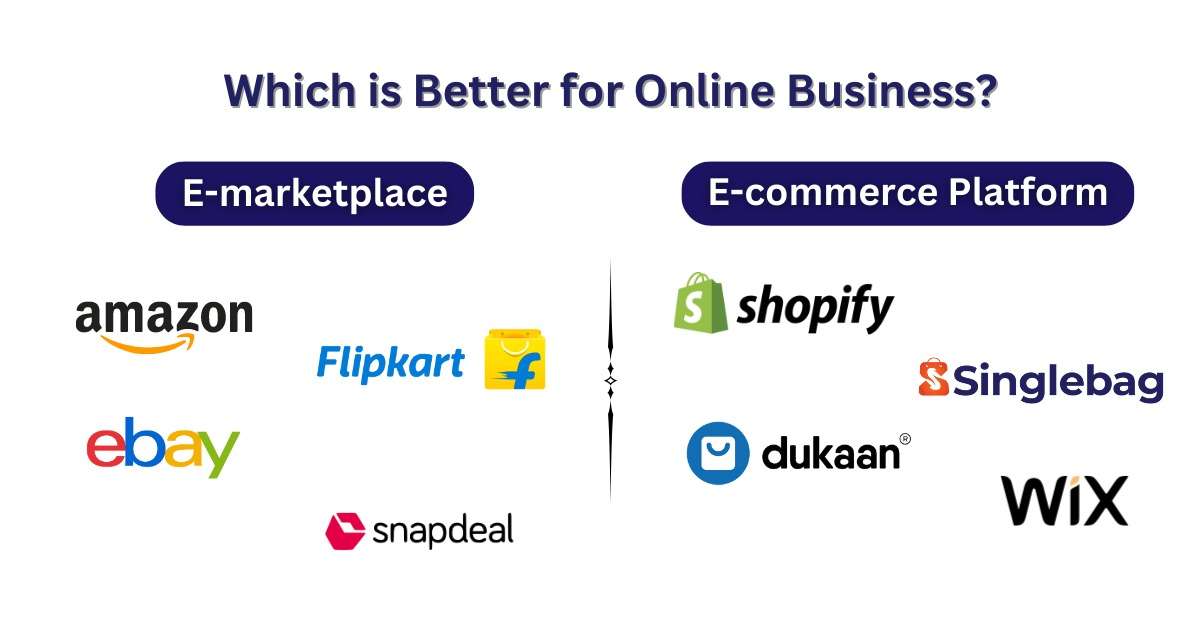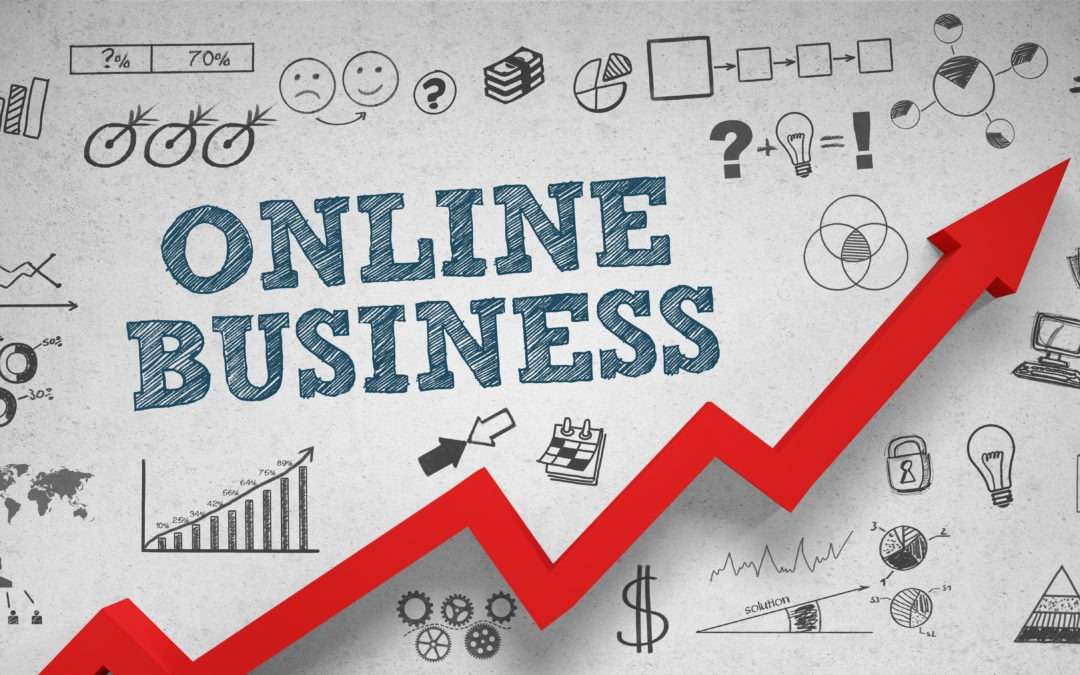How to start an online business from home?

May 10, 2024
How to start an online business from home?
"Ready to take charge of your career and income? Learn how to start and grow a profitable online business from the comfort of your home. No more commuting or office politics - just freedom and flexibility to work on your terms. Let us guide you through the steps to financial independence and success. Get started now!"
Are you tired of the daily grind and looking for a change? Have you always wanted to be your boss and work from the comfort of your own home? Starting an online business may be the perfect solution for you! With the increasing popularity of e-commerce and technological advancements, starting your own business from home has never been easier. In this blog post, we will guide you through the steps of starting an online business and provide valuable tips to set you on the path to success. Let's dive in!
In today’s digital age, more and more people are turning to the Internet for their shopping needs. This presents a great opportunity for anyone looking to start their own business from the comfort of their own home. With the right idea and strategies, starting an online business from home can be a rewarding and lucrative venture. Here are some tips on how to get started.
1. Identify your niche: The first step in starting an online business is to identify your niche. This means finding a specific product or service that you are passionate about and that has a potential market. It could be anything from handmade jewelry to virtual assistants or even digital products like e-books or courses. Whatever it may be, make sure it is something you are interested in and can offer a unique perspective or solution to your target audience.
2. Research your market: Once you have identified your niche, it’s important to research your market. This includes identifying your target audience, understanding their needs and preferences, and analyzing your competition. This will help you determine how to position yourself in the market and what unique value you can offer to stand out from the competition.
3. Create a business plan: Just like any traditional business, an online business needs a solid business plan. This will help you define your goals, establish a budget, and create a roadmap for your business. It will also be useful when seeking funding or investors for your business.
4. Choose a platform: There are many platforms available for starting an online business, such as Shopify, Etsy, or even creating your website. Research and compare different platforms to find the one that best suits your business needs. Consider factors such as user-friendliness, customization options, payment options, and customer support.
5. Set up your online presence: Once you have chosen a platform, it’s time to set up your online presence. This includes creating a professional website or online store, setting up social media accounts, and creating a brand identity. Your online presence is a crucial aspect of your business as it will help attract and engage potential customers.

6. Market your business: One of the biggest challenges of starting an online business is getting people to know about it. This is where effective marketing strategies come in. Utilize social media, content marketing, email marketing, and other online marketing tactics to reach your target audience and drive traffic to your website.
7. Provide excellent customer service: In the online world, customer service is key to the success of your business. Make sure to provide timely and helpful responses to customer inquiries and address any issues they may have. This will help build a loyal customer base and generate positive reviews and word-of-mouth recommendations.
8. Stay organized and motivated: Running an online business from home requires a high level of organization and self-motivation. Create a schedule and stick to it, set achievable goals, and regularly review your progress. It’s also important to take breaks and find ways to relax to avoid burnout.
Starting an online business from home has never been easier, thanks to the internet and the various tools and resources available. With the right idea, market research, and effective strategies, you can turn your business dreams into a successful reality. So why wait? Get started on your online business journey today and see where it can take you!
Are there any legal or financial requirements for starting an online business from home?
The rise of technology and the internet has opened up countless opportunities for individuals to start their online businesses from the comfort of their own homes. This trend has become even more prominent in recent times due to the COVID-19 pandemic, as more people are turning to online entrepreneurship as a means of generating income.
However, starting an online business from home also comes with certain legal and financial requirements that must be considered to ensure the success and legitimacy of the business. In this blog post, we will discuss some of the key legal and financial requirements that individuals should keep in mind when starting an online business from home.
1. Business Registration and Permits
Just like any traditional brick-and-mortar business, an online business must also be registered with the appropriate government authorities. This will vary depending on the country or state in which the business is being operated, but in most cases, online businesses will need to register for a business license or permit.
Additionally, if you plan on selling physical products or handling sensitive customer information, you may also need to obtain specific permits or licenses such as a seller’s permit or data protection license. It is important to research and understand the legal requirements in your specific location to ensure compliance and avoid any potential legal issues.
2. Tax Obligations
As a business owner, it is your responsibility to understand and fulfill your tax obligations. This includes registering for a tax ID number and paying any applicable taxes such as income tax, sales tax, or value-added tax (VAT). The rules and rates for taxes will vary depending on your location, so it is important to consult with a tax professional or research your local tax laws.
3. Business Structure and Legal Protection
One major decision to make when starting an online business is choosing the right legal structure for your business. This will depend on factors such as the type and size of your business, personal liability, and tax implications. The most common legal structures for online businesses include sole proprietorship, partnership, limited liability company (LLC), and corporation.
Choosing the right legal structure can also provide legal protection for your assets in case of any legal issues or liabilities faced by the business. It is advisable to consult with a lawyer to determine the best legal structure for your online business.
4. Payment Processing and e-Commerce Regulations
If your online business involves selling products or services and accepting payments online, it is important to familiarize yourself with e-commerce regulations and secure a reliable payment processing system. This will not only ensure a seamless shopping experience for your customers but also protect your business from potential fraud or security breaches.
5. Bookkeeping and Financial Management
Proper bookkeeping and financial management are crucial for the success and stability of any business, including online businesses. As a business owner, it is important to keep track of all income, expenses, and profits to accurately report and pay taxes, as well as make informed financial decisions for your business. Consider investing in bookkeeping software or hiring a professional to help you manage your finances effectively.
In conclusion, starting an online business from home offers numerous benefits and opportunities, but it is important to understand and fulfill the legal and financial requirements involved. By being aware of these requirements and taking the necessary steps to comply, you can set your online business up for success and avoid any potential legal or financial issues in the future.
Online business advantages and disadvantages
In today's digital age, the rise of online businesses has significantly changed the way we shop, work, and communicate. With just a few clicks, we can easily access a wide range of products and services from the comfort of our own homes. However, like any other business approach, online businesses have their own set of advantages and disadvantages. Let's take a closer look at the pros and cons of this increasingly popular business model.
Advantages:
1. Global Reach
One of the main advantages of online businesses is their ability to reach a global audience. With the Internet, businesses are not limited to a specific geographical location but can cater to customers all over the world. This opens up a wider customer base and potential for growth, compared to traditional brick-and-mortar businesses.
2. Cost-effective
Setting up an online business is relatively cheaper compared to a physical store. With no need for a physical storefront, businesses can save on rent, maintenance, and other overhead costs. This allows for more flexibility in budget allocation and potentially higher profits.
3. Convenience
The convenience factor is a significant advantage of online businesses, both for customers and business owners. Customers can shop from anywhere at any time, without the need to physically visit a store. On the other hand, online business owners have the flexibility to manage their business from anywhere, making it a popular choice for those who value work-life balance.

With the use of data analytics and targeted advertising, online businesses have the advantage of reaching their target audience more effectively. This enables businesses to tailor their marketing strategies to specific demographics, increasing the chances of reaching potential customers.
5. Flexibility
Online businesses allow for more flexibility in terms of working hours and the ability to scale up or down depending on demand. This flexibility allows businesses to adapt to changing market conditions and customer needs more efficiently.
Disadvantages:
1. Lack of Physical Interaction
One of the main disadvantages of online businesses is the lack of physical interaction with customers. This can lead to a decrease in trust and personal connection with the brand, as well as difficulty in building customer loyalty. Additionally, customers may have concerns about the quality of products or services without being able to physically see or touch them.
2. Dependence on Technology
Online businesses heavily rely on technology, and any technical issues or glitches can significantly impact their operations. This could result in a loss of sales, customer dissatisfaction, and a damaged reputation.
3. Competition
The barrier to entry for online businesses is relatively low, which means there is a high level of competition. With numerous businesses offering similar products or services, it can be challenging to stand out and gain a competitive advantage.
4. Shipping and Handling Costs
For businesses that offer physical products, shipping and handling costs can be a significant disadvantage. These costs can add up and cut into profits, especially for businesses that offer free shipping to customers.
5. Security Concerns
Online businesses have to deal with cyber threats and security concerns such as hacking, fraud, and data breaches. This not only puts the business at risk but also the sensitive information of customers, which can damage the trust and reputation of the business.
In conclusion, online businesses have their fair share of advantages and disadvantages. While they offer convenience, cost-effectiveness, and global reach, they also face challenges such as competition, security concerns, and lack of physical interaction. However, with proper planning and a strong online presence, businesses can overcome these challenges and take advantage of the opportunities presented by the digital landscape.




